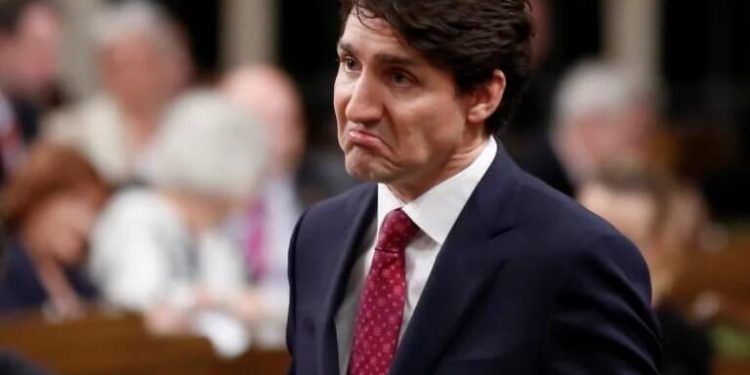A deepening diplomatic conflict between Canada and India has led to the departure of 41 Canadian diplomats from India. This follows a dispute arising from the assassination of a Sikh separatist leader, Hardeep Singh Nijjar, in Canada.
Two weeks prior, India had requested Canada to recall several of its diplomats, and even warned of revoking their immunity if they remained in the country. Labeling this as a “violation of international law,” Canadian representatives have responded with concern.
The friction between the two nations intensified when Canada alleged India’s involvement in Nijjar’s assassination on 18 June. India has refuted these claims, describing them as “absurd”.
Melanie Joly, Canada’s Foreign Minister, recently confirmed the departure of many Canadian diplomats and their dependents from India. She revealed that India had threatened to withdraw immunity for all but 21 diplomats by 20 October. Although the remaining diplomats are still stationed in India, the withdrawal means that Canada will have to curtail its services in India due to staff shortages. In-person operations in cities like Bangalore, Mumbai, and Chandigarh will be suspended, with no current timeline on when these will be restored.
Despite the reduced staff, services will continue at the High Commission of Canada in Delhi. The application centers run by third parties will also remain functional. Marc Miller, the Canadian Immigration Minister, predicts this reduction will likely slow down the immigration application processes in the short run, particularly affecting Indian nationals including prospective international students.
Contesting Canada’s claims, India maintains that Canada has more diplomats stationed in Delhi than India has in Ottawa. However, Canada’s Global Affairs website indicates parity in numbers.
Ms. Joly, during a news conference in Ottawa, emphasized the significance of upholding the principle of diplomatic immunity, warning that breaching this norm could jeopardize the safety of diplomats globally. She affirmed that Canada will not reciprocate.
Despite these tensions, Canadian officials reassured that Indian nationals looking to visit or migrate to Canada are still welcome.
Tensions between the two nations have been especially palpable after Prime Minister Justin Trudeau claimed credible evidence hinting at a possible link between India and Nijjar’s assassination in September. He attributed this to Canadian intelligence, which alleged the involvement of “agents of the government of India” in the murder, marking it as a breach of Canada’s sovereignty.
Nijjar, who was killed in a “targeted attack” outside his Sikh temple in Surrey, British Columbia, was an advocate for Khalistan, a proposed Sikh separate state in India, a cause India vehemently opposes. He was even branded as a terrorist by India in 2020.



























